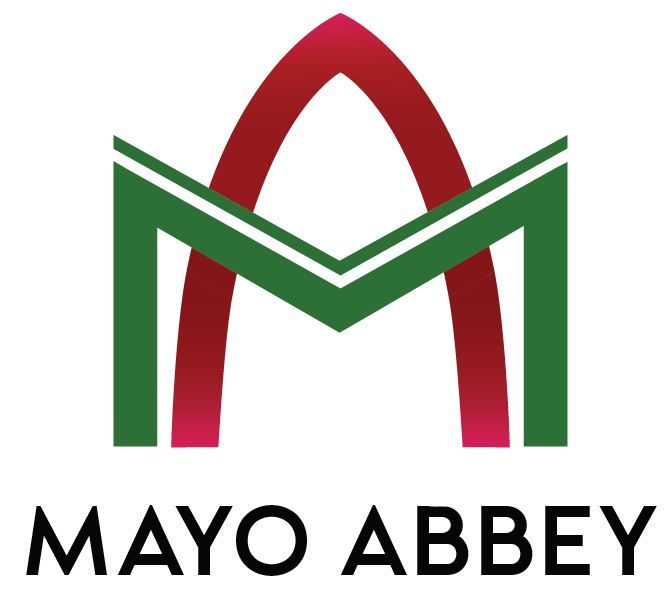
To find out more about what Community Employment, what it involves, eligibility criteria and more, please click on the links below.
Background to the Mayo Abbey CE Scheme
In the early 1990’s the residents of the parish were becoming very concerned about the future of the village. Many people were leaving the village and parts of it were in a rundown state. A Community Council was formed to address this and see what could be done. (Find out more about the Community Council by clicking the link).
In 1993, the Community Council applied and were approved to run a FÁS Community Employment Scheme. At this point, having no building or grounds, Mayo Gaels football clubhouse provided a base from which the CE Scheme could operate.
The CE Scheme provided an employment opportunity for locals with varying talents, as well as giving them an opportunity to learn new skills.
In 1994, South West Mayo Leader Development Co. allocated a grant for village enhancement. This grant, as well as support from other statutory bodies led to the completion of a wide range of village enhancement projects. The work was carried out by participants on the Community Employment Scheme, with Ger Maguire leading the team as Community Employment Supervisor.
Today, the Community Employment staff are a vital backbone to the projects that have been developed by the Community Council over the years. They provide support to all committees and companies that have grown as a result of the Community Council.
What is Community Employment?
The Community Employment (CE) programme (more commonly known as the ‘CE Scheme’) is designed to help people who are long-term unemployed (or otherwise disadvantaged) to get back to work by offering part-time and temporary placements in jobs based within local communities.
The aim of CE is to enhance the employability and mobility of disadvantaged and unemployed persons by providing work experience and training opportunities for them within their communities. In addition, it helps long-term unemployed people to re-enter the active workforce by breaking their experience of unemployment through a return to work routine.
CE projects are typically sponsored by groups wishing to benefit the local community, namely voluntary and community organisations and, to a lesser extent, public bodies involved in not-for-profit activities. Such projects provide a valuable service to local communities while at the same time providing training and educational opportunities to jobseekers.
The main priority for the Department of Social Protection in supporting CE is having access to schemes that can provide job seekers and other vulnerable groups with good quality work experience and training qualifications to support their progression into open labour market employment.
Participants on a Community Employment Scheme must work for 19.5 hours per week (excluding breaks). The sponsor may agree with DSP to arrange your work hours differently for example, 39 hours every second week, or 19.5 hours every week, in combinations of full or half days or 2.5 days per week. Participants will also receive training during their time on the CE scheme to help improve their ability to get a job when the scheme is over. All participants will have an individual learning plan developed where training is identified.
CE Eligiblity & Rates of Payment
The general qualifying age for CE is 21 years.
In addition there are a number of other qualifying criteria. Information on these qualifying criteria and rates of payment – please click here.
CE Vacancies & How to Apply
All of our Community Employment Vacancies are advertised on Jobs Ireland. Please enter Mayo Abbey in the location box and click the blue arrow to search.
Alternatively you can contact Craig Barrett or Serena Raftery at Mayo Abbey Centre who will be able to let you know about current vacancies, eligiblity or any other information you require.
Video about Community Employment
Watch this video to find out more about Community Employment and how to search for Community Employment Vacancies in your area.
